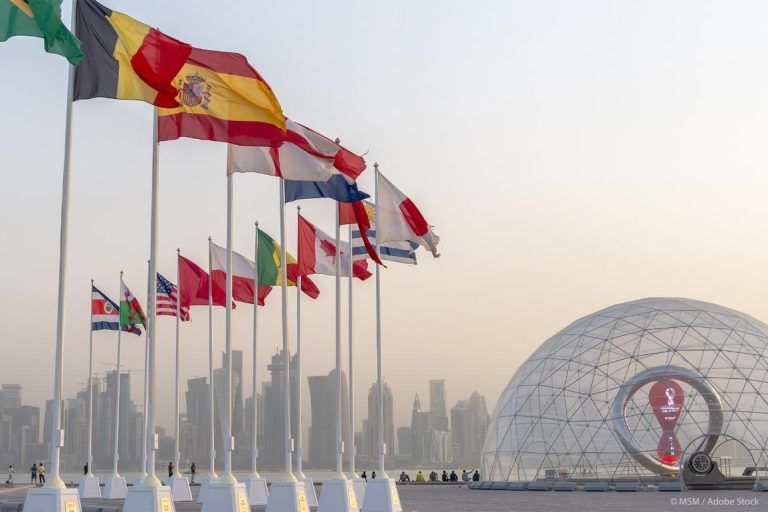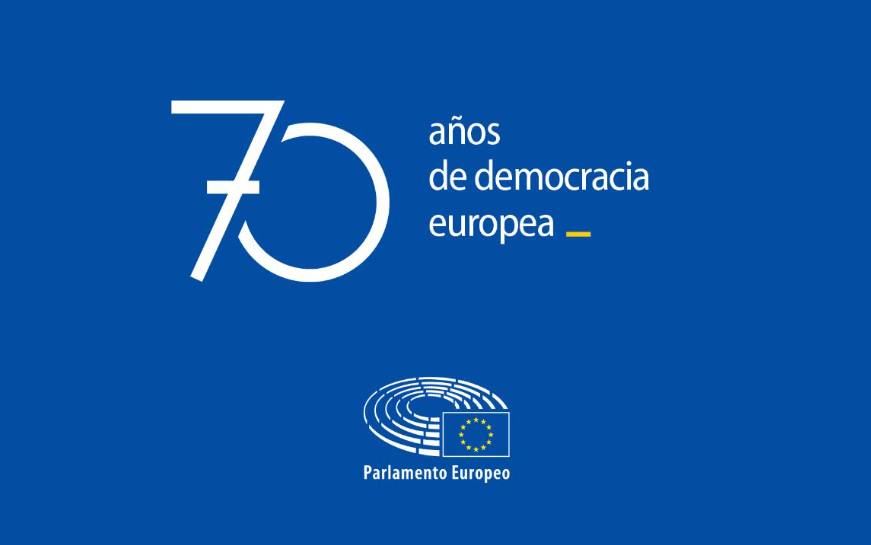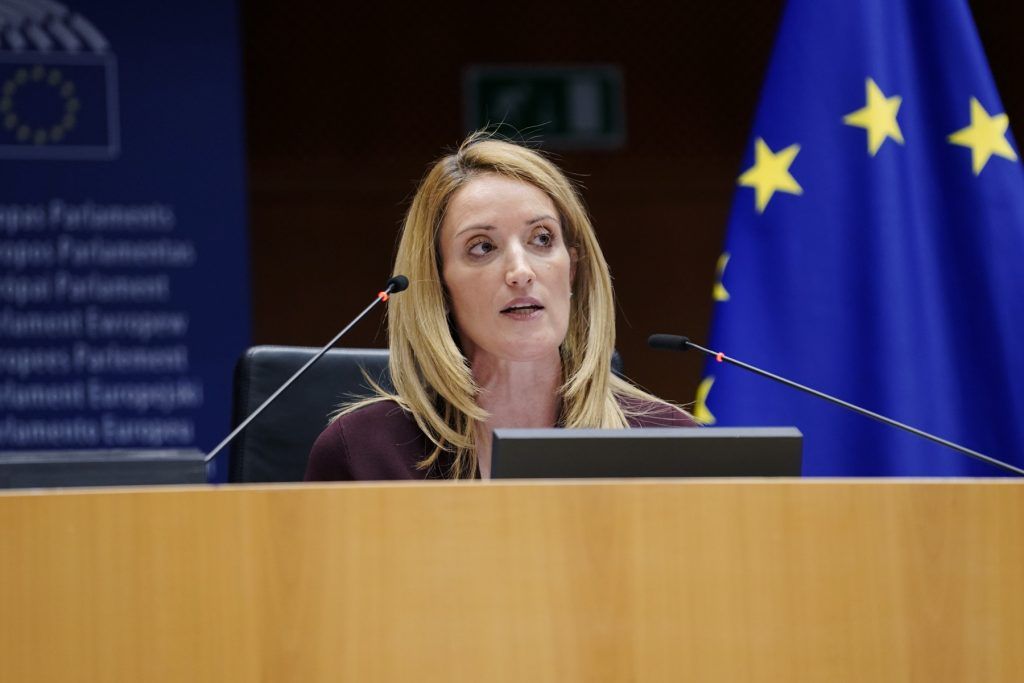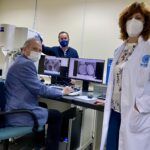European Parliament President Roberta Metsola delivered the following statement at the opening of the plenary session in Strasbourg on Monday.
Dear colleagues,
I think it would be no exaggeration to say that these have been among the longest days of my career. I must choose my words carefully, in a manner that does not jeopardise ongoing investigations or in any way undermine the presumption of innocence.
And, I will. So if my fury, my anger, my sorrow do not come across please be assured that they are very much present – along with my determination for this House to grow stronger.
Make no mistake.
- The European Parliament, dear colleagues, is under attack.
- European democracy is under attack.
- And our way of open, free, democratic societies are under attack.
The enemies of democracy for whom the very existence of this Parliament is a threat, will stop at nothing. These malign actors, linked to autocratic third countries have allegedly weaponised NGOs, Unions, individuals, assistants and Members of the European Parliament in an effort to subdue our processes.
Their malicious plans failed. Our services, of whom I am incredibly proud, have been working with relevant national law enforcement and judicial authorities to break up this alleged criminal network for some time.
We have acted in sync with authorities to ensure that all legal steps are respected, that all information is preserved and that, where needed, IT equipment is secured, offices are sealed and house searches are able to be carried out. I accompanied a Belgian judge and police as required by the Belgian constitution to a house search last weekend.
As a precautionary measure, again with full respect for the presumption of innocence, I have stripped the Vice-President mentioned of any tasks and responsibilities related to their role as Vice-President and I have convened an extraordinary meeting of the Conference of Presidents to launch an Article 21 procedure to bring their term as Vice-President to an end in an effort to protect the integrity of this House.
I was also scheduled today to announce the opening of the negotiating mandate for the visa-waiver report with Qatar and Kuwait. In light of the investigations, this report must be sent back to committee.
I also know that we are not at the end of the road and we will continue to assist in investigations, together with other EU institutions, for as long as it takes. Corruption cannot pay and we have played our part in ensuring these plans could not materialise.

World Cup in Qatar: FIFA should help compensate families of dead migrant workers
|
And I must be clear, the allegations are not about left or right or north or south. This is about right and wrong and I would appeal to you to resist the temptation to exploit this moment for political gain. Do not cheapen the threat we are facing.
Now I am in politics, like so many of you here, to fight corruption. To stand up for the principles of Europe. This is a test of our values and of our systems and, colleagues, let me assure you that we will meet this test head on.
- There will be no impunity. None. Those responsible will find this Parliament on the side of the law. I am proud of our role and assistance in this investigation.
- There will be no sweeping under the carpet. We will launch an internal investigation to look at all the facts related to the Parliament and to look at how our systems can become yet more watertight.
- There will be no business as usual. We will launch a reform process to see who has access to our premises, how these organisations, NGOs and people are funded, what links with third countries they have, we will ask for more transparency on meetings with foreign actors and those linked to them. We will shake up this Parliament and this town and I need your help to do it.
- We will protect those who help us expose criminality and I will work to look at our whistle-blower systems to see how they can be made stronger.
- But I must also say that while we can always look to increase deterrents, and transparency, there will always be some for whom a bag of cash is always worth the risk. What is essential is that these people understand that they will get caught. That our services work and that they will face the full extent of the law. As happened in this case.
These are challenging times for us all, but I know, I am convinced, that if we work together we can come out of it stronger.
To you, my colleagues who have lived these days with me, let me say again how deeply disappointed I am – I know you all share the same sentiment.
To those malign actors, in third countries, who think they can buy their way forward. Who think Europe is for sale. Who think they can take over our NGOs. Let me say that you will find this Parliament firmly in your way.
We are Europeans.
We would rather be cold than bought.

70 years of the European Parliament
|
Interventions by political group leaders
After President Metsola’s statement, political group leaders commented on the ongoing Belgian investigations involving members and staff of the European Parliament.
Manfred Weber (EPP, DE) said “our credibility is put in danger. No rules can stop criminals, but we are ready to improve our rules further.” Corruption is the biggest enemy of democracy, he added, stressing that there is no room for corruption in this Parliament or any other EU institution and that fighting corruption is the only way to regain trust.
Iratxe García (S&D, ES) stated that “this is a black, very sad day for European democracy”. Announcing that her political group will take part in the judicial proceedings as an injured party, García asked Parliament for a strong response, to determine “what has happened and make sure it does not happen again”. She called for unity within Parliament to ensure more transparency and accountability in its work.
Stéphane Séjourné (Renew, FR) said that “our institution must reaffirm without reservation its full support and cooperation with the judicial system. But this does not mean that we should just wait for this procedure to conclude – quite the contrary”. He called for the Parliament’s transparency registers to be made more robust and for the creation of an inter-institutional ethics body with investigative powers.
Terry Reintke (Greens/EFA, DE) said these were dark days for EU democracy. “I am thinking primarily of the millions of citizens who are struggling right now, not knowing how to get through the month.” It cannot be business as usual for the EP after this, she added. “We need something in writing on what we want to do. This should include a full inquiry, a reform of the lobby register, the creation of an ethics body and a dedicated position in the Bureau dealing with these matters.”
Ryszard Legutko (ECR, PL) said that many facts have emerged and “more will come out in the future”. Those who targeted Parliament, probably considered Parliament to be a place with some weak spots, he said, and they succeeded to the shock of all of MEPs. He argued that a critical, outside analysis should be conducted as a result of this case, a critical description of the way the institution functions to prevent similar events in the future.
Marco Zanni (ID, IT) emphasised that the “attitude of moral superiority” as found in a recent report of the Committee on Foreign Interference, must be abandoned in the face of this scandal. Beyond immediate action to uphold the respectability of the institution, and the uncovering of those politically responsible, a “new attitude” must develop in Parliament, he said, without “the self-referentialism that has often harmed this institution.”
For the Left, President Manon Aubry (FR) said that the European Parliament is being confronted with the biggest scandal in its history. She said she was not surprised, as she had noticed before how “certain political groups” tried to water down a recent resolution on Qatar. Ms Aubry asked for an inquiry committee into how vulnerable EU institutions are to corruption and conflicts of interest. “Democracy is not for sale”, she said in conclusion.
More information: European Parliament







Leave a Reply